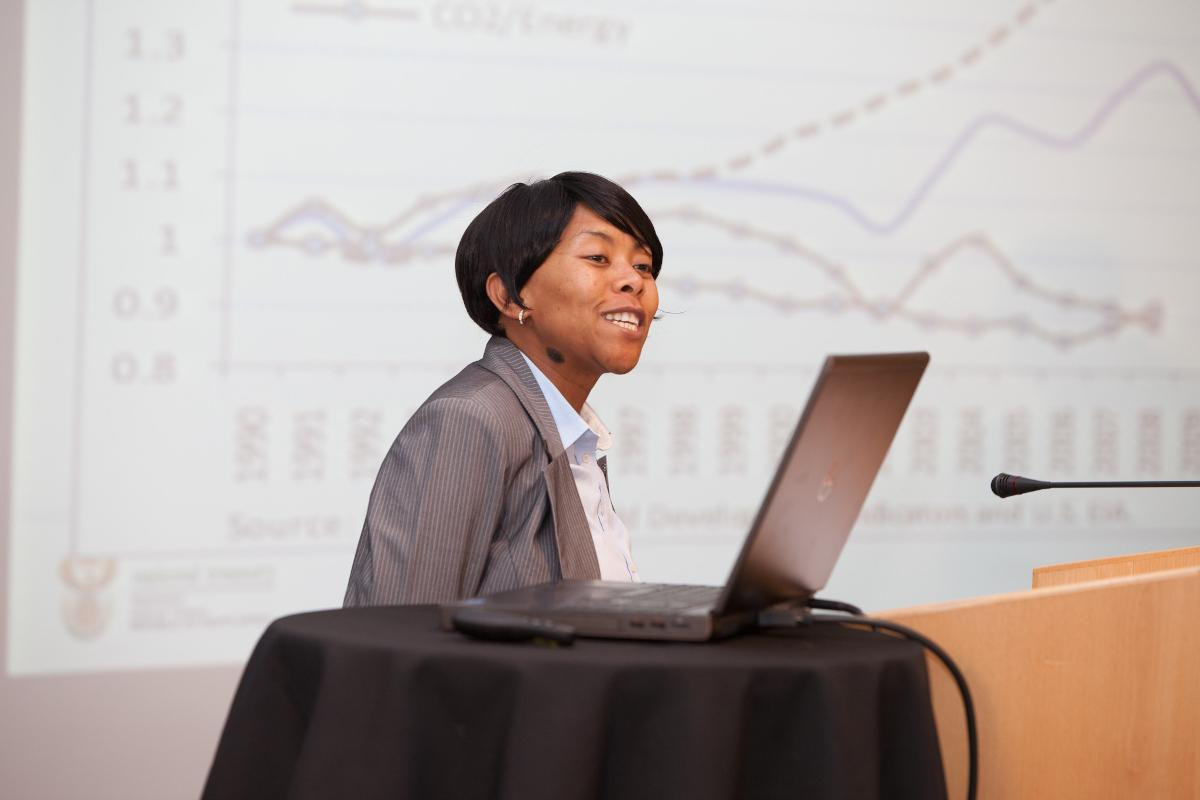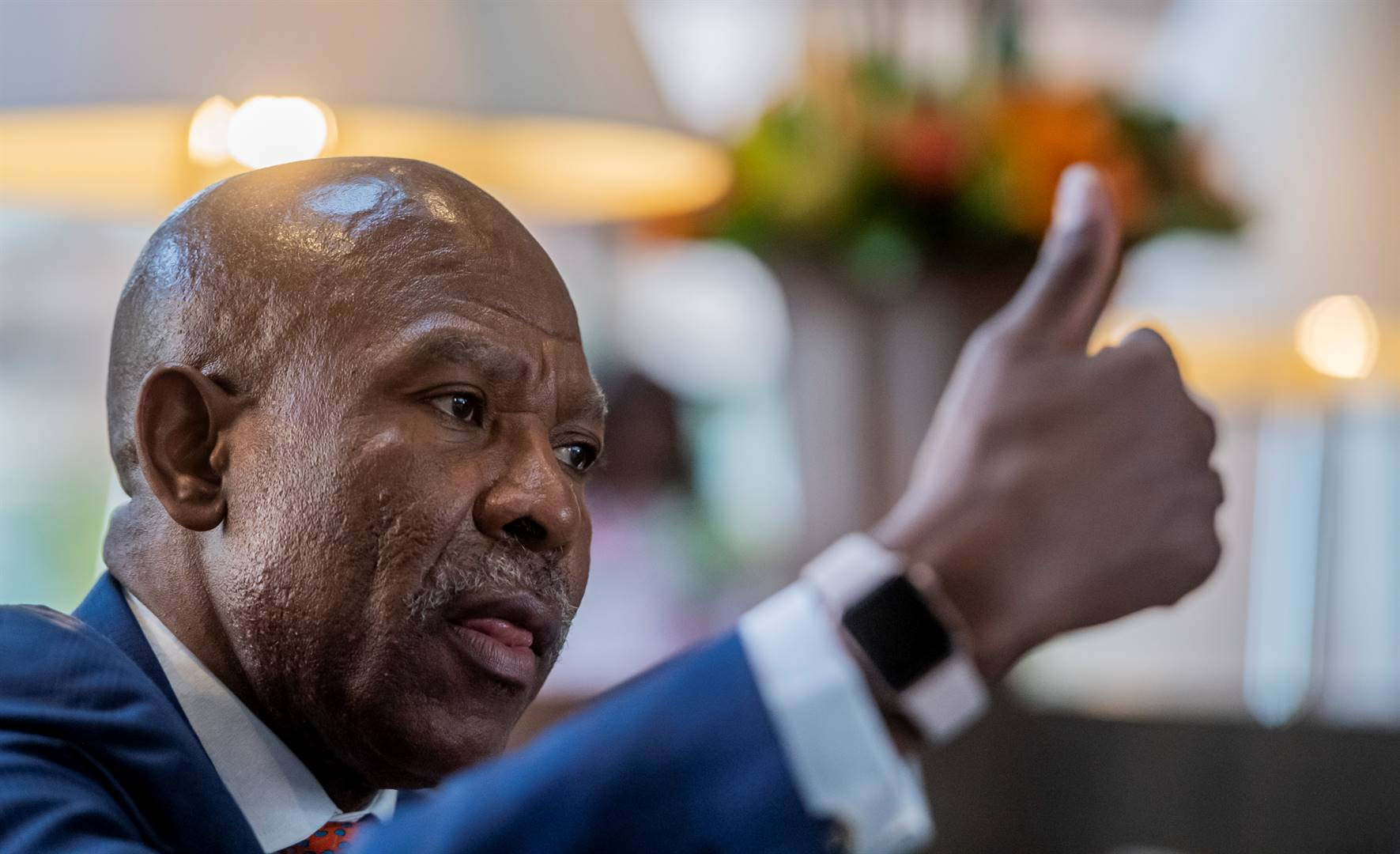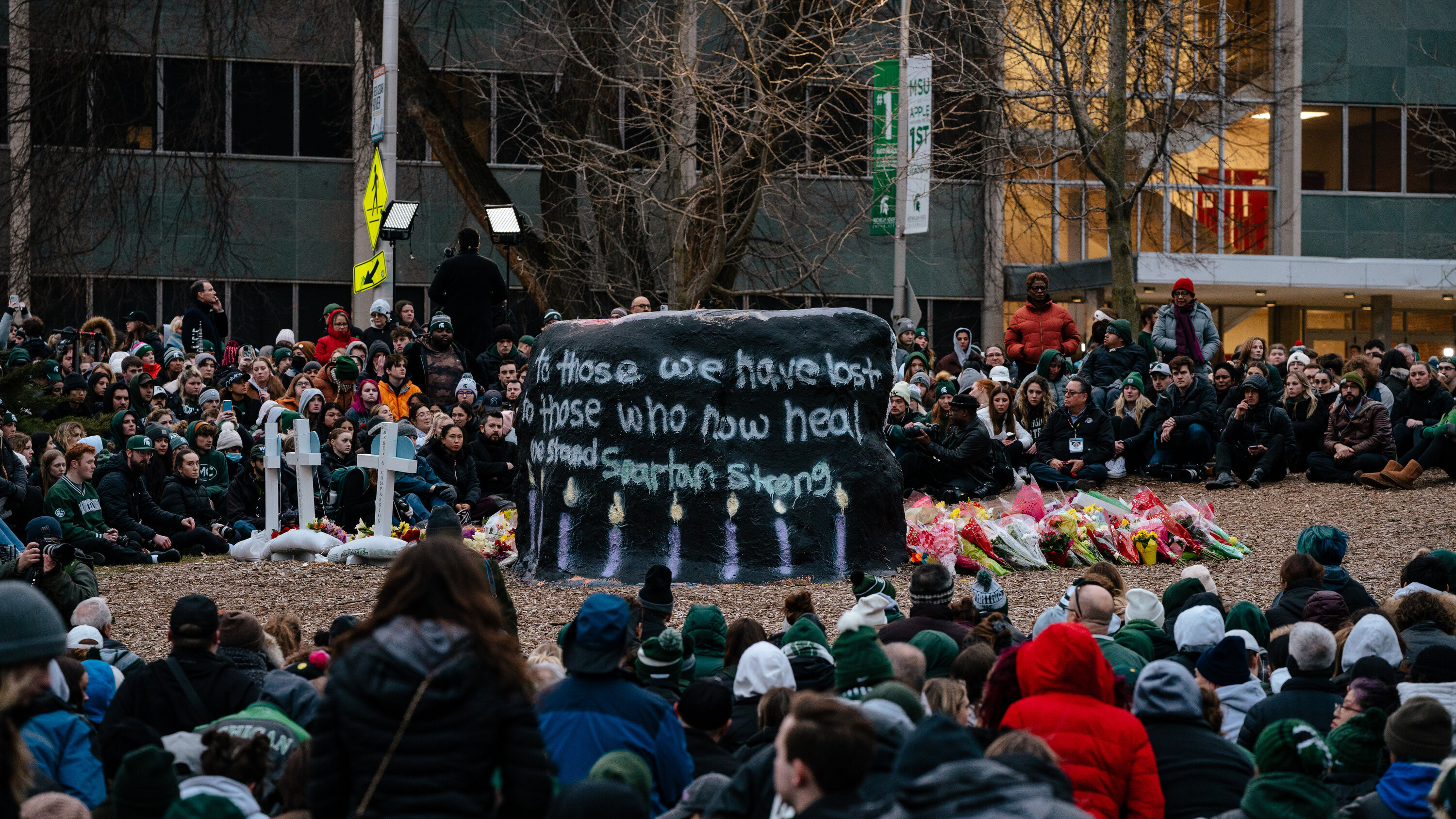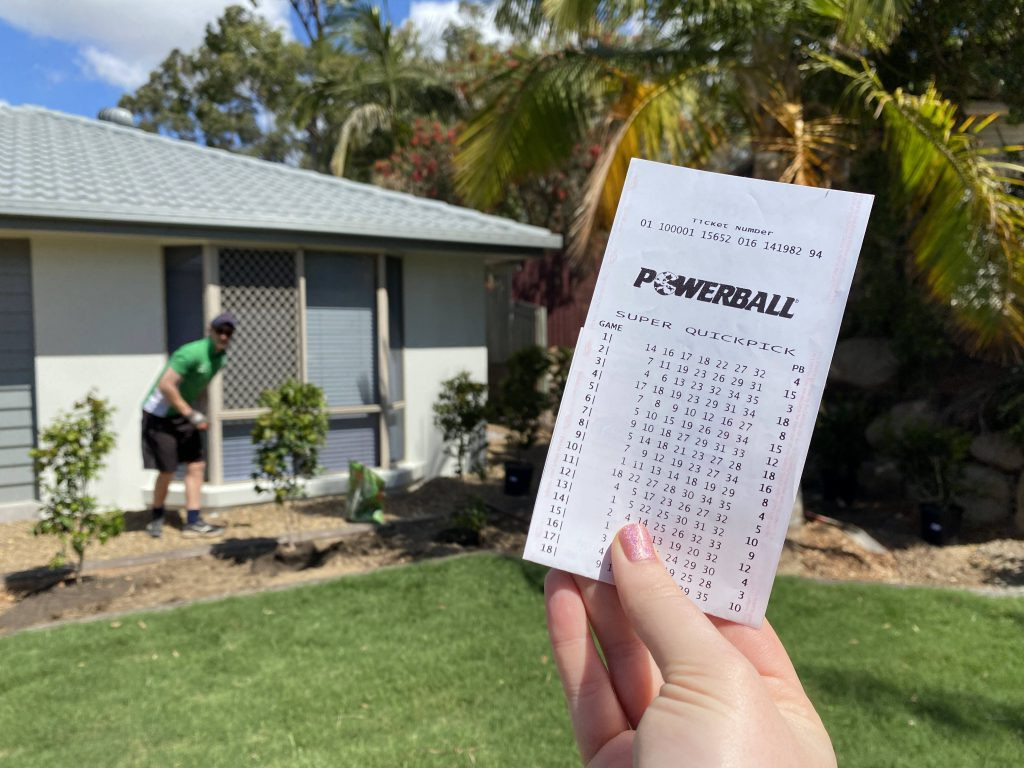The media — and the internet in particular — are full of eye-catching bravado about the economy and what recent data is telling us about the future. Pronouncements are made with concrete assuredness:
Hopefully, most people aim to get the balance right between informing people of all potential outcomes without leaving them paralysed as to what will most likely occur.
But this isn't a piece about getting it right or being certain.
I'm talking about the real world, where we live in the grey. And it's getting greyer.
I'm lucky to talk to a lot of experts, a lot of very smart people.
The ones that have impressed me the most are those who admit when they don't know something.
It doesn't mean they are any less knowledgeable in their field — just that their knowledge brings them to the conclusion that they can't say with immense confidence what is going to occur.
Let's take one of the biggest economic questions in the world: Will the US go into recession?
Data released this week showed the annual increase in inflation in the US slowed to below 3 per cent for the first time in nearly three and half years. (Reuters: Mike Segar)
On Wednesday, the annual increase in US inflation slowed to below 3 per cent for the first time in nearly 3.5 years.
It opened the door wider for the Federal Reserve to cut interest rates next month, but also prompted more questions about America's outlook.
If the world's biggest economy went into recession, there would be a solid chance Australia would follow.
Rabobank, which has $US900 billion in assets, has a fair bit riding on the outcome.
But when my colleague Kirsten Aitken put the question to the bank's global strategist Michael Every, he politely declined to call it.
"It's really hard to say, genuinely. I know that's an easy 'get out,'" he said.
He said, if you look at some of the data, the economy still has "a lot of heat left in it" while other data showed "it’s pretty cold and cooling rapidly".
"And this is a picture that more and more economies, including Australia, need to learn to live with," he said.
Moving his hand to create a sphere, he added: "We like to talk about GDP and think it's one object."
"It isn’t. It’s many different parts and they can be moving in many different speeds and in different directions," he said.
"And we have to try and find the average, but there may not actually be one which is representative.”
Mr Every is not alone in pointing out that sometimes the economic outlook is unclear, especially in these uncertain times.
New Reserve Bank of Australia deputy governor Andrew Hauser has flown in with a terrifyingly distinguished CV from the Bank of England and a sharp desire to get to it.
Andrew Hauser was a central banker at the Bank of England. On November 27, 2023 he was appointed as the deputy governor of the RBA. (Supplied)
In a speech called Beware False Prophets, he clawed through market commentators who have "extraordinary certainty" about what's going to happen in the economy.
"Those seeing things differently are castigated as incompetent, biased or on the make," he said.
"And changes in view are presented as disastrous or humiliating failures.
"In short, it’s a world of winners and losers, gurus and charlatans, geniuses and buffoons."
Many fields operate in an attention-based economy, and "eye-catching language sells newspapers, secures clients and draws crowds to the soapbox," he noted.
"But when the stakes are so high, claiming supreme confidence or certainty over what is an intrinsically uncertain and ambiguous outlook is a dangerous game," Mr Hauser said.
"At best, it needlessly weaponises an important but difficult process of discovery. At worst, it risks driving poor analysis and decision-making that could harm the welfare of all Australians."
His main gripe seemingly centred around the speculation around inflation and the Reserve Bank's difficult job of getting it within its target range of 2 to 3 per cent.
"It is right to want to be confident that the central bank will do its job to bring inflation back to target and maintain full employment," he said.
"But the policies drastically required to get to that outcome just simply cannot be stated with anything like the same degree of certainty.
"Those pretending otherwise are false prophets."
We live in the grey.
The release of Australia's key economic data at certain points of the year can be written on your calendar. It often provides the answers to some basic questions, such as:
How much we make? Gross Domestic Product (GDP)
How much things cost? Consumer Price Index (CPI)
What's happening with wages? Wage Price Index (WPI)
The media covers them because this data is important and tells us about how things are working — or not — in our economy.
Take, for example, the WPI for the June quarter, which was released on Tuesday.
It showed the annual pace of wage growth has remained at 4.1 per cent over the year to June, prompting different analysts to conclude the RBA would be happy to see wage pressures subsiding and others thinking the opposite, that it would still be too high.
However, they are all lagging indicators, they tell us about the past.
There is other data that tell us what's going on, but even that's complicating the picture.
The number of homes resold in less than three years has jumped to its highest level in at least a decade, according to figures from CoreLogic.
Take for example the percentage of people who are behind on their home loans and credit, which is referred to as "in arrears".
Banks assure us the rate remains low. That's good news, surely.
But the percentage of houses being resold within three years of being bought is at the highest level in a decade.
So are arrears artificially low? Are people, stretched by rocketing repayments, selling their homes because prices remain high — and they can get out without losing everything?
We simply don't know because that information isn't captured anywhere.
There are forward indicators — such as future manufacturing orders, new business starts and consumer confidence — but there are a few extra ones I'd like to add as we go through this lumpy, weird moment in our economic life.
The percentage of private school invoices being sent to an address that is not where the student lives — for example, to be paid by a grandparent
The number of families not taking up, or withdrawing children from, expensive extra-curricular sport
If the length of time people wait between trips to see foreign relatives is lengthening
The number of 20 and 30-something children forced to move back to the parental nest, long after they flew out of it
There's a lot we don't know, and you'll likely see divergent signs of economic life as you move around.
Shiny mega-utes. Dusty retail frontages. Stalled building sites. European summer Insta-shots.
It all adds up to an uncertain, complex picture.
Come and join me in the grey.


















